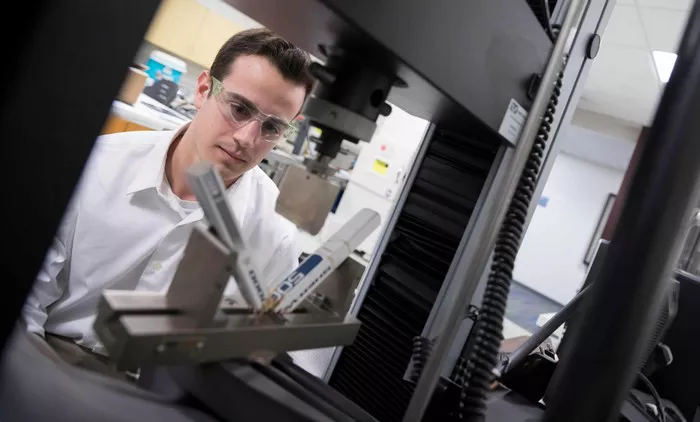The U.S. Army is canceling its 19-year-old Improved Turbine Engine Program (ITEP), a key effort aimed at modernizing the engines powering its UH-60 Black Hawk and AH-64 Apache helicopters, as part of sweeping cuts to its aviation portfolio.
The General Electric Aerospace T901 engine, developed under the ITEP initiative, had recently begun engine runs in a UH-60 Black Hawk and was expected to power both major helicopter fleets, along with the now-scrapped Future Attack Reconnaissance Aircraft (FARA). While development and integration have been funded, the Army has opted not to move forward with engine procurement, Army spokesperson Col. David Butler confirmed to Aviation Week.
GE Aerospace said it remains committed to the T901 under the terms of its current contract, emphasizing continued development and preparation for the engine’s first flight milestone later this year. “We are focused on executing against our commitments as the Army rethinks the future of its aviation programs,” a company spokesperson stated.
The cancellation follows a broader reevaluation of the Army’s aviation priorities under the Army Transformation Initiative, driven by new leadership and outlined in a May 1 memorandum by Defense Secretary Pete Hegseth, with follow-on guidance from Secretary Dan Driscoll and Chief of Staff Gen. Randy George. The initiative prioritizes cutting outdated systems, reducing overhead, and investing in emerging technologies and uncrewed systems to build a more agile and lethal force.
“The Army must transform now to a leaner, more lethal force by infusing technology, cutting obsolete systems, and reducing overhead to defeat any adversary on an ever-changing battlefield,” the Army’s leadership wrote.
In line with that vision, the Army has also announced plans to retire the MQ-1 Gray Eagle drone, reduce the AH-64D Apache fleet in favor of the AH-64E, and end development of other aviation assets, including the Future Tactical Uncrewed Aerial System.
Further changes to the aviation portfolio are expected in the next phase of the initiative, with updates likely included in the budget proposal anticipated in early June.
During a May 7 House Appropriations Committee hearing, Secretary Driscoll appeared noncommittal about the long-term future of the Black Hawk, sparking concern from Rep. Rosa DeLauro (D-Conn.), whose district includes Sikorsky’s headquarters. DeLauro challenged any notion that concern over the Black Hawk is purely local. “It’s about what the Black Hawk has meant to the safety of our soldiers and national security,” she said.
After canceling FARA earlier this year, the Army had initially promised to continue purchasing UH-60M Black Hawks. However, under the shifting priorities of the new Trump administration, that commitment appears increasingly uncertain. The production of the T901 engine was also previously delayed to ensure compatibility with both the Black Hawk and Apache fleets.
Launched in 2006, ITEP aimed to develop a 3,000 shaft horsepower engine offering significantly better fuel efficiency and extended range for the Army’s aging helicopter fleet. The program’s termination marks a pivotal shift in U.S. military aviation strategy, prioritizing flexibility and emerging technologies over legacy upgrade efforts.

